1. Goya Foods
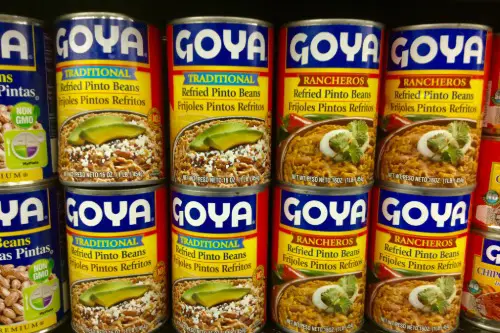
Goya Foods was once a staple in many Latino households, offering affordable and authentic food products. But in 2020, the company’s CEO, Robert Unanue, publicly praised the Republican president. This led to immediate backlash from many of Goya’s customers, especially from Latino groups, according to Raul A. Reyes from NBC News. Critics started boycotting the brand, sharing their frustration on social media and calling for others to follow suit.
Despite the boycott, Goya refused to back down and even reported record sales as a result of support from Trump supporters. The controversy highlighted how deeply polarized political stances can impact even beloved brands. While some of Goya’s loyal customers stuck with the brand, others felt betrayed and vowed to never purchase their products again. Goya’s case serves as a reminder that a brand’s political ties can alienate a significant portion of its customer base.
2. Nike
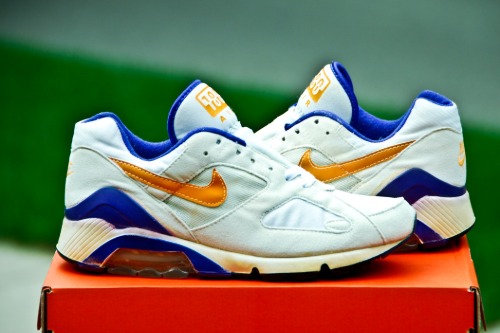
Nike has been one of the most iconic American brands for decades, beloved for its athletic gear and sponsorship of famous athletes. But the company took a major risk in 2018 when it launched an ad campaign featuring controversial quarterback Colin Kaepernick, who became the face of protests against police brutality, according to Martha Kelner from The Guardian. While the move gained a lot of support from progressive groups, it also led to a significant boycott by those who disagreed with Kaepernick’s protests. People burned their Nike shoes and swore off buying the brand, claiming it had gone too far in its politics.
However, the boycott didn’t last long, and Nike has proven to be a resilient brand. Despite the backlash, their sales and stock prices actually surged following the campaign. This shows that while boycotts may have a momentary impact, they don’t always hurt a brand in the long term, especially if the campaign resonates with a key demographic. In fact, many people saw Nike’s stance as bold and felt proud to support a company with strong social convictions.
3. Chick-fil-A
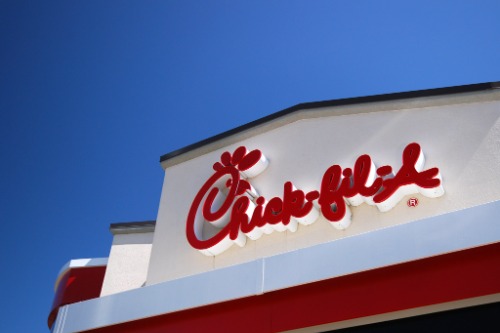
Chick-fil-A was once beloved by many for its delicious chicken sandwiches and wholesome image. However, it became a target of boycotts after the company’s CEO, Dan Cathy, made public comments opposing marriage equality back in 2012, according to Jordan Valinsky from CNN. These remarks sparked an immediate backlash from LGBTQ+ communities and their allies, who called for a boycott of the fast food chain. Supporters of the CEO’s views countered with “Chick-fil-A Appreciation Day,” but the controversy left a stain on the brand’s reputation.
Over the years, Chick-fil-A has tried to shift its image by reducing its political donations and emphasizing community outreach. But the boycotts persist for some, with detractors accusing the brand of not doing enough to distance itself from its controversial past. As the LGBTQ+ community continues to push for more inclusivity, the brand’s struggle to recover from the boycott remains ongoing. The story of Chick-fil-A serves as a prime example of how a company’s political stance can impact its public perception for years.
4. Starbucks
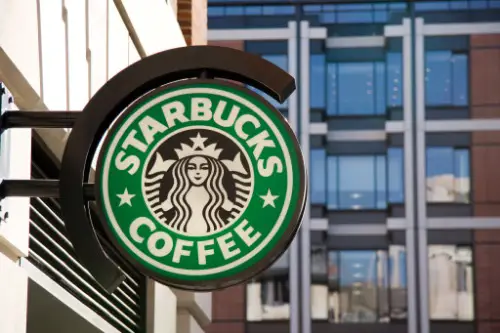
Starbucks, known for its coffee and “third place” philosophy, made headlines in 2018 when two Black men were arrested in a Philadelphia store for allegedly loitering without ordering. The incident sparked protests and calls for a boycott of the coffee giant. Critics argued that Starbucks had allowed racial profiling to occur, tarnishing its image as a company committed to social justice. Although the company apologized and implemented anti-bias training, many felt that the damage had already been done.
While Starbucks has continued to be a popular coffee choice, the boycott created a sense of division among its customer base, according to Noam Scheiber from The New York Times. Some patrons, especially those advocating for racial justice, supported the brand’s efforts to change, while others viewed the apology as too little, too late. The incident showed how even companies with progressive reputations can struggle when a scandal involving discrimination emerges. Starbucks is still working to restore trust with those who were hurt by the incident.
5. Home Depot
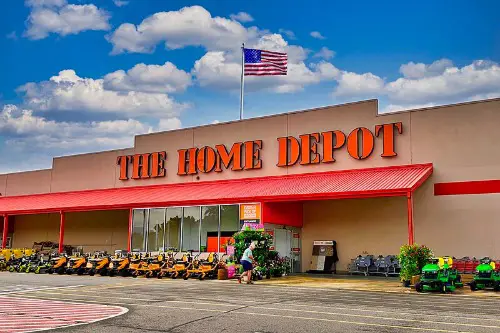
Home Depot has been a beloved destination for DIYers and contractors for years, but the company found itself in the middle of a boycott controversy in 2000. The backlash came after co-founder Bernie Marcus donated millions of dollars to the political campaign of then-presidential candidate New Jersey Governor, Jon Corzine. Marcus’ donations to a political cause that didn’t align with the views of many Home Depot customers angered a significant portion of the public.
Many activists called for a boycott of the brand, believing the company’s political support was too polarizing. The campaign failed to significantly harm Home Depot, as many customers continued to rely on the brand for home improvement needs. However, the company learned a valuable lesson about the importance of maintaining a neutral stance in politically charged times. Home Depot has been cautious with its political involvement since, but the shadow of the controversy still lingers for some customers.
6. PepsiCo
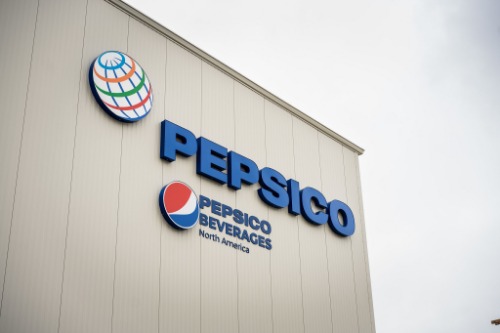
PepsiCo has been a favorite among soft drink lovers, but it faced a major backlash after the release of a 2017 ad featuring Kendall Jenner, according to Alexander Smith from NBC News. The ad was widely criticized for appearing to trivialize social justice movements, especially protests against police violence. The outrage was swift, with many people accusing Pepsi of co-opting a serious issue for commercial gain. The brand was forced to pull the ad and apologize, but the damage was done.
The boycott gained significant traction in certain communities, especially among activists who felt the brand was exploiting a social cause. Although PepsiCo remains one of the largest soft drink manufacturers in the world, the ad controversy hurt its reputation among younger, more socially conscious consumers. While Pepsi has attempted to reclaim its standing with more inclusive and responsible advertising, it still faces skepticism from some who remember the ad. The incident highlighted how sensitive brands need to be when addressing serious social issues in their marketing.
7. Budweiser
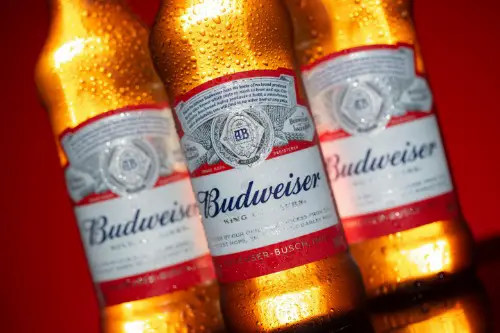
Budweiser has long been a favorite American beer, especially for its association with sports events and patriotic imagery. But in 2023, the brand found itself in the midst of a boycott when it partnered with transgender influencer Dylan Mulvaney for a promotional campaign. The ad sparked a massive backlash from conservatives and beer drinkers who felt the brand had gone too far in promoting transgender rights. Many vowed to stop drinking Budweiser and instead switched to rival brands like Coors or Miller.
On the other hand, the campaign also won praise from LGBTQ+ supporters, who saw the partnership as an important step for inclusion in mainstream advertising. Despite the negative response, Budweiser’s parent company Anheuser-Busch has defended the campaign, stating that it was meant to reach a diverse audience. However, the boycott has had lingering effects, with some fans of the brand feeling betrayed by its political stance. Budweiser’s attempt to cater to a broader audience raised questions about whether companies should prioritize inclusivity over traditional brand loyalty.
8. Abercrombie & Fitch
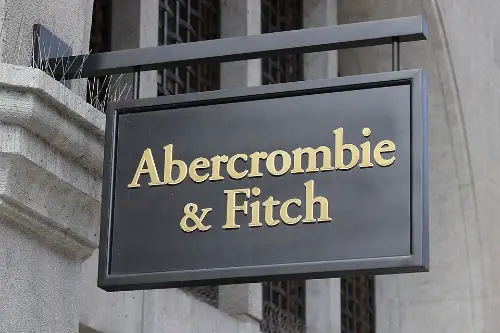
Abercrombie & Fitch was once the go-to brand for teens in the late 90s and early 2000s, loved for its preppy, “cool” image. However, the company became embroiled in controversy after former CEO Mike Jeffries made comments about how the brand was meant to cater to “thin and beautiful” people, leading to accusations of body shaming and exclusivity. These remarks sparked a wave of boycotts from consumers who felt the brand was elitist and discriminatory.
In addition, Abercrombie’s aggressive marketing strategy, which often excluded plus-size models or diversity, turned many customers away. The company eventually took steps to revamp its image, introducing more inclusive sizing and diversifying its advertising. Despite these changes, Abercrombie still struggles with lingering negative perceptions from its past. The boycott serves as a reminder that brands need to be mindful of how their messaging impacts people from all walks of life.
9. The North Face
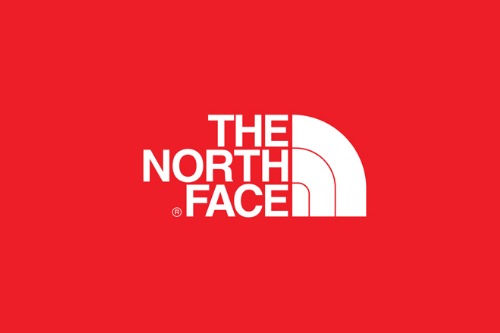
The North Face, a popular brand known for its outdoor gear and apparel, made waves in 2021 with a partnership with environmental activist group, Patagonia. This collaboration, however, wasn’t the cause of controversy—it was another move they made that did. In 2021, they faced backlash after releasing a line of jackets with a “sustainable” twist that critics labeled as greenwashing. The company claimed the jackets were made from recycled materials, but many argued that this was simply a marketing gimmick.
This created an outcry from environmentalists and outdoor enthusiasts who felt the brand was misleading consumers about its environmental impact. People took to social media to criticize The North Face for capitalizing on the “green movement” without making significant changes to their manufacturing process. The brand faced a brief but notable boycott, with some customers feeling betrayed by what they saw as a shallow attempt at sustainability. Despite this, The North Face continues to hold a loyal following among outdoors enthusiasts who prioritize performance over politics.
10. Disney
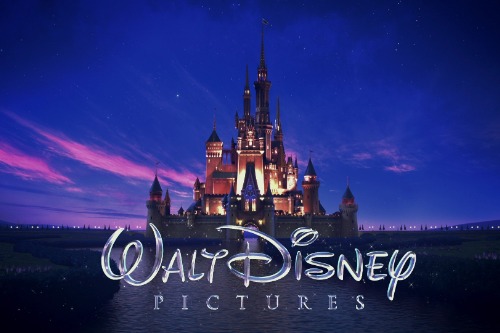
Disney is one of the most beloved American brands, cherished for its iconic movies, theme parks, and merchandise. But in recent years, Disney has found itself at the center of boycotts due to its stance on LGBTQ+ rights. The company drew backlash after CEO Bob Chapek condemned Florida’s “Don’t Say Gay” bill and vowed to fight against it. Conservative parents and politicians quickly mobilized a boycott, accusing Disney of being too political and pushing an agenda on children.
Despite the controversy, Disney’s sales have remained strong, and the company’s commitment to diversity and inclusion has resonated with many. However, the situation highlighted how cultural and political issues can have a significant impact on even the most iconic brands. While some consumers continue to boycott Disney, the company’s ability to balance activism with entertainment keeps it at the forefront of American pop culture. The debate over Disney’s political involvement remains ongoing, as the company navigates the complexities of modern-day politics.
11. McDonald’s
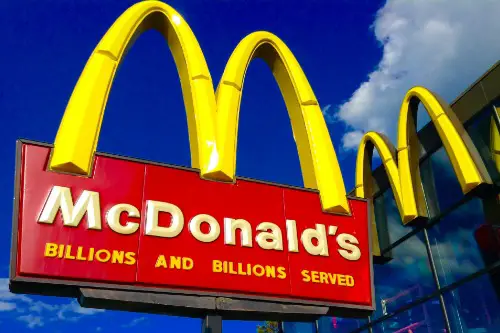
McDonald’s has been a household name in fast food for decades, beloved for its fries and iconic golden arches. However, the company faced a boycott in 2017 after a group of employees protested over the brand’s handling of sexual harassment claims in its workplaces. Employees claimed that McDonald’s had not done enough to address sexual harassment, which led to protests and calls for a boycott from labor rights activists. The controversy erupted after multiple lawsuits against the company, with critics accusing McDonald’s of fostering a toxic work environment.
While the boycott gained some traction, McDonald’s did take steps to address the issue, including implementing stronger policies for employee protection and diversity. The company also increased its focus on employee benefits and raised the minimum wage for many workers. However, the damage done to its reputation in certain communities remains. McDonald’s continues to face scrutiny from those who believe that its response to the issue wasn’t enough and that it needs to do more to protect its workers.
12. Wendy’s
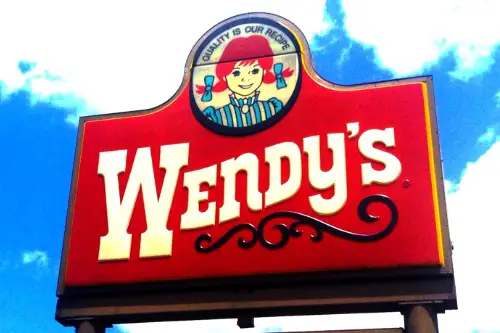
Wendy’s is often hailed for its “fresh, never frozen” burgers and quick wit on social media, earning a special place in the hearts of many fans. But the fast-food chain found itself in the middle of a boycott when it was revealed that the company had been linked to the deforestation of the Amazon rainforest through its meat suppliers. Environmental groups accused Wendy’s of contributing to climate change by purchasing beef from companies that were part of deforestation efforts in Brazil. This ignited a significant backlash from eco-conscious customers and environmental organizations.
The company quickly attempted to distance itself from the issue, pledging to address the sourcing of its beef and vowing to work with more sustainable suppliers. However, the scandal led many to boycott Wendy’s, and environmental activists continued to pressure the company for more transparent and ethical practices. While Wendy’s made changes in its supply chain, the boycott highlighted how environmental concerns can have a lasting impact on a company’s reputation. The fast food giant’s efforts to rebuild trust with customers who care about the environment have been ongoing.
13. Lowe’s

Lowe’s, the popular home improvement chain, became the subject of a boycott after it made the decision to donate to a controversial political figure. The donation came after CEO Marvin Ellison supported the National Rifle Association (NRA) and aligned the brand with political positions that many of its customers found problematic. Gun control advocates, especially in the wake of several mass shootings, called for a boycott, arguing that Lowe’s should distance itself from the NRA.
In response, Lowe’s took steps to clarify its stance, asserting that it was committed to serving all customers regardless of political views. However, the backlash remained strong, with some customers refusing to shop at Lowe’s for years after the incident. The boycotts may have been somewhat successful in pushing the brand to reconsider its political donations, but for many, the damage to Lowe’s public image was already done. The case serves as an example of how aligning with controversial groups or causes can lead to significant consumer pushback.
14. Papa John’s
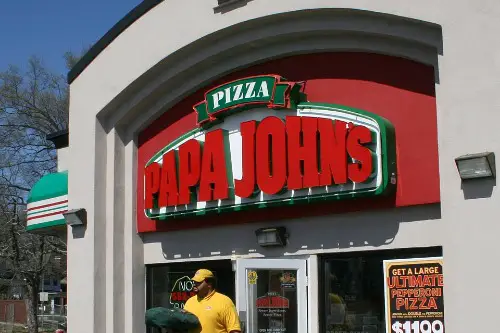
Papa John’s pizza was once a dominant force in the fast-food industry, but it found itself embroiled in scandal after its founder, John Schnatter, made racially insensitive remarks in 2018. These comments came to light during a conference call, where Schnatter used a racial slur that caused outrage across the country. As a result, a boycott was called by various groups, and Schnatter was forced to step down as CEO, and his image was removed from company branding.
The boycott had a noticeable impact on the company’s sales, and many customers turned to rival pizza chains, such as Domino’s or Pizza Hut. However, Papa John’s worked hard to recover, rebranding itself as a more inclusive and diverse company. Despite these efforts, the controversy lingers for many people, with some still refusing to support the brand. The Papa John’s scandal serves as a cautionary tale for companies about how damaging one person’s actions can be to the entire company’s reputation.
15. Ford

Ford has long been seen as an American icon, known for its rugged trucks and family-friendly vehicles. However, the company found itself facing a boycott in the early 2000s after it made the decision to advertise in the gay press and support same-sex marriage. This decision angered many conservative customers, who felt that Ford was straying too far from traditional American values. As a result, a boycott was organized by various groups who accused Ford of abandoning its core customer base.
Despite the backlash, Ford stood by its decision and continued to support LGBTQ+ rights, even during times of controversy. The brand emphasized that it would not compromise its commitment to diversity and inclusion. Over time, the boycott faded as Ford’s sales remained strong, especially among younger, more progressive consumers. Ford’s stance on LGBTQ+ rights ultimately helped it build a loyal customer base among those who valued the company’s inclusivity.
16. Harley-Davidson
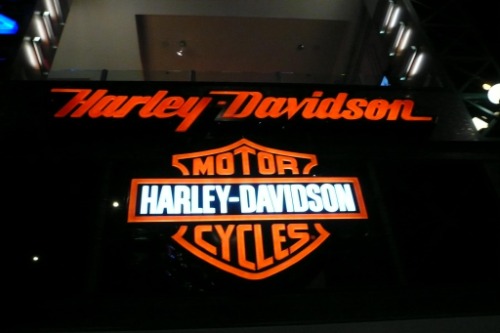
Harley-Davidson, the legendary American motorcycle brand, faced a boycott in 2017 after it was revealed that the company was moving some of its manufacturing operations overseas. Harley-Davidson’s decision to shift production to countries like Thailand, in part due to tariffs, angered many of its core customers. Longtime American customers saw this as a betrayal of the brand’s heritage and an example of corporate greed. They organized a boycott, with many vowing to buy from competitors like Indian Motorcycles instead.
The company faced criticism from both sides of the political spectrum, as some felt Harley-Davidson was making an unpatriotic move while others blamed tariffs for the decision. Despite the backlash, Harley-Davidson tried to justify its actions by explaining the need to stay competitive in a global marketplace. However, the damage to its loyal customer base lingered, and the boycott showed how sensitive brands can be to the economic and political climates. Harley-Davidson’s troubles served as a reminder of the complex relationship between American manufacturers and their domestic customer base.
17. Target

Target has been a favorite for many, offering affordable clothing, home goods, and groceries. But the brand found itself at the center of a boycott in 2016 when it announced a policy allowing transgender customers to use the bathroom that aligns with their gender identity. The decision sparked outrage from conservative groups, who believed that it posed a safety risk. In response, a significant boycott campaign was launched, with protestors calling for a ban on Target products.
The company stood by its decision, saying it was committed to inclusivity and non-discrimination. Despite the controversy, Target’s sales were not severely affected in the long term, though the brand did face some initial losses. However, the boycott highlighted the tension between corporate social responsibility and the values of different customer segments. Target’s ability to stick to its policies and weather the storm shows how committed brands can survive even significant backlash when they stand by their principles.
18. CVS
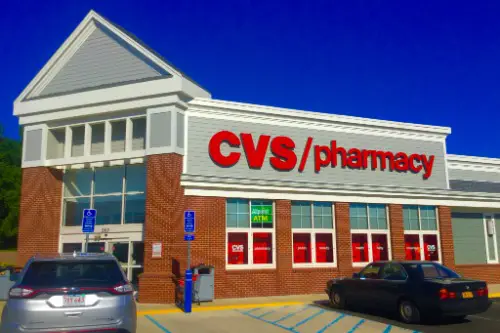
CVS, the national pharmacy chain, was once loved for its affordable prescription prices and wide range of health products. However, the company faced a boycott in 2014 after it made the decision to stop selling tobacco products. While this was seen as a positive move for public health, it alienated a portion of the company’s customer base, particularly in areas where smoking is more prevalent. Customers upset by the decision took to social media to call for a boycott, accusing CVS of making a moral decision at the cost of its business.
Despite the backlash, CVS reported positive results from its decision, with many applauding the company for its commitment to health and wellness. The brand positioned itself as a leader in the healthcare space, focusing on its pharmacy services and wellness programs. However, the boycott reminded other companies that major business decisions can alienate certain groups, and the public’s reaction to such changes is not always predictable. CVS continues to be a dominant player in healthcare, but the tobacco ban remains a divisive issue for some.
19. Amazon
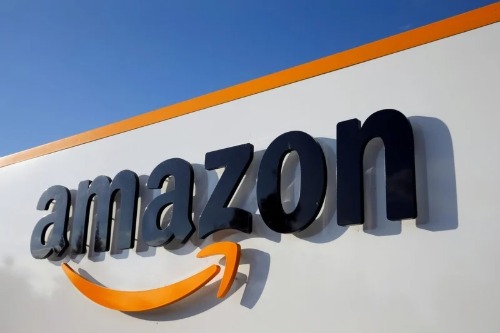
Amazon, the retail giant, has faced boycotts for a variety of reasons over the years, but one of the most notable occurred in 2020 following a protest from its warehouse workers. Workers in several states accused Amazon of poor working conditions, insufficient pay, and a lack of adequate protection during the COVID-19 pandemic. In response, labor rights activists called for a boycott, urging consumers to stop shopping at Amazon until the company addressed the complaints.
While Amazon faced significant pressure from workers’ unions and activist groups, it managed to continue expanding its market dominance. The boycott was not universally successful, as many people found it difficult to stop using the convenient service. Still, the controversy highlighted the growing power of workers’ rights movements and how even the world’s largest retailer is not immune to criticism. Amazon’s ability to bounce back shows that, while boycotts can hurt a company temporarily, their long-term success depends on consumer loyalty.
20. Whole Foods
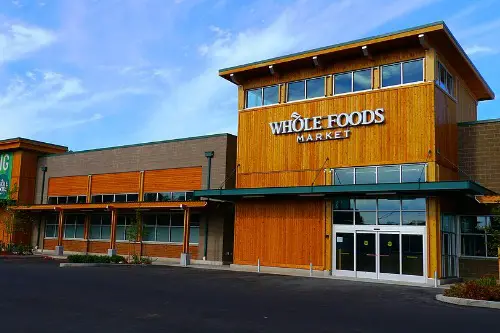
Whole Foods was once synonymous with healthy eating, organic foods, and a progressive corporate culture. But the company faced a boycott after it was bought by Amazon in 2017. Many loyal customers, who valued Whole Foods for its independent status and commitment to sustainability, saw the acquisition as a betrayal. They feared that Amazon’s corporate influence would overshadow Whole Foods’ commitment to ethical sourcing and fair trade.
Although the boycott didn’t cause a significant drop in sales, it did leave a dent in Whole Foods’ reputation among its most loyal customers. Whole Foods has since worked to assure its customers that it would continue to operate with its original values, but some remain skeptical. The situation highlights the complex relationship between brand identity and corporate acquisitions. For some, Whole Foods’ new ownership marked the end of an era, sparking ongoing debates about corporate influence in the food industry.
21. Coca-Cola
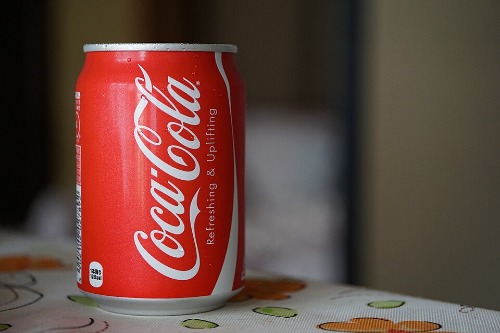
Coca-Cola, one of the most recognizable brands in the world, found itself at the center of a boycott in 2020 after it was accused of supporting “cancel culture” in the wake of Black Lives Matter protests. The company faced criticism after it released statements of solidarity with the movement and made public efforts to address racial inequality in its business practices. Some consumers felt that Coca-Cola was pandering to political correctness, which led to a boycott by conservative groups.
Despite the backlash, Coca-Cola’s commitment to corporate social responsibility continued, and it emphasized the importance of diversity and inclusion. The boycott did not seem to significantly affect Coca-Cola’s dominance in the soda market, as the brand’s loyal following remained intact. However, the controversy highlighted how companies can be criticized from both ends of the political spectrum. Coca-Cola’s experience serves as a reminder that, in today’s polarized world, companies must carefully navigate their involvement in social and political issues.
22. Sears
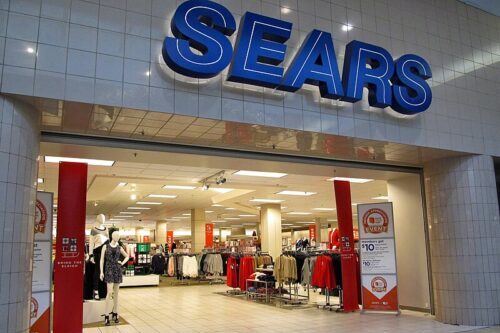
Sears was once an American retail powerhouse, famous for its department stores and catalog sales. However, the brand went through a series of missteps that led to a decline in popularity and eventual boycotts in the 2000s. The company faced criticism for poor customer service, layoffs, and the closure of many stores, all of which led to a tarnished reputation. As it began to struggle with declining sales, competitors like Target and Walmart surged ahead, and many consumers abandoned Sears altogether.
While some people were disappointed by the brand’s fall from grace, others were particularly angered by the perceived lack of response from the company in addressing its issues. As the brand failed to innovate and meet the changing demands of consumers, Sears’ decline accelerated. The boycotts were part of a larger trend of dissatisfaction, and the brand’s inability to recover has left it a shadow of its former self. Sears’ fall from the top of the retail world serves as a reminder of how companies can lose favor due to mismanagement and failure to adapt to the market.


